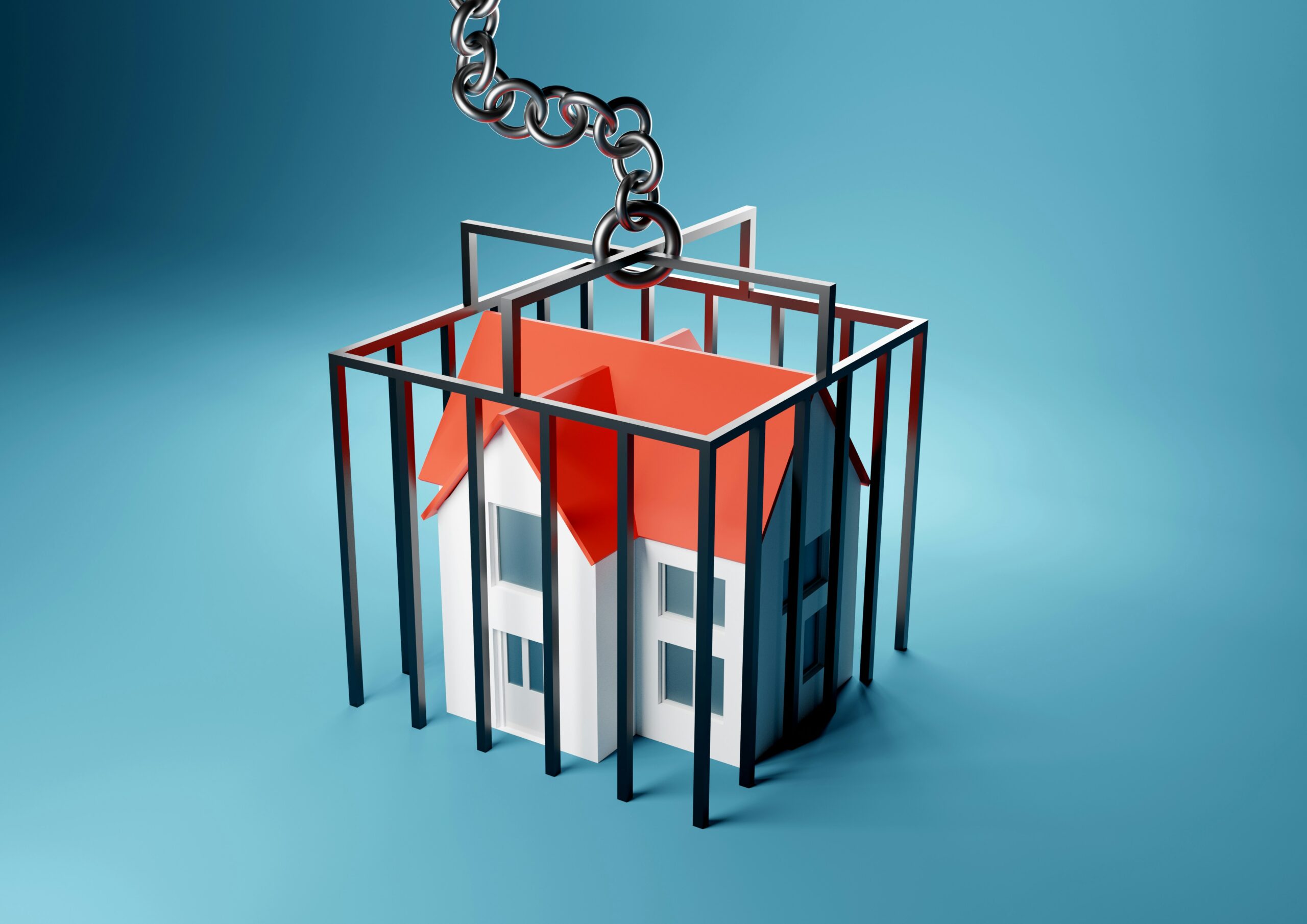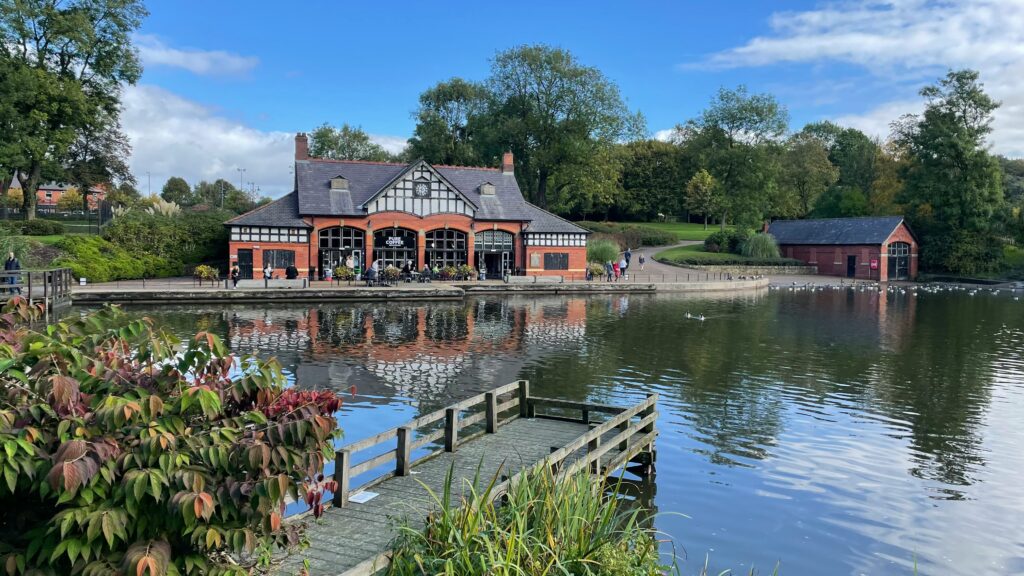
If Your House is Repossessed, Do You Get Equity?
- Yes, but factors such as legal fees, sales price and how much you owe may reduce what you get.
- Selling before repossession can mean you keep more of your equity.
- Negotiating with lenders in advance can make a huge difference.
Repossession is a fear that blights many homeowners, especially those who have fallen behind on mortgage repayments and see the process start to gather pace. The concern isn’t just over losing the house though. It’s also about the equity tied up in it. Where does that go once your property is repossessed? You might keep it, but various factors, such as the cost of your legal fees, the price your house sells for, and the amount of debt, will all determine how much equity you keep.
In this blog, we take a deeper dive and provide a solution that ensures you keep more of your cash.
What is a property repossession?
Property repossession is when the mortgage lender takes back the property they lent money against after the borrower has failed to maintain the terms of their repayment agreement. It’s not a quick process, and many lenders will work with their borrowers to avoid things going this far. However, multiple missed payments and little or no attempt to make them could result in legal action, which could result in a homeowner losing ownership of their property.
We’ve put together a comprehensive guide that explains how you can stop repossession should you be concerned that it might be likely.
What does equity mean?
Equity is the part of the property the homeowner actually owns. Over time, as the mortgage balance is paid off, the amount of equity grows. It’s based on the market value of the property and your remaining mortgage balance, meaning if your home is now worth £400,000 and you’ve got £250,000 left on your mortgage, you hold £150,000 equity in the property.
What happens to your equity when your home is repossessed?
Various things could happen to your equity when your home is repossessed:
- The lender sells your house, and after the mortgage balance and any fees are cleared, any remaining cash is transferred to you.
- The home is valued at less than what is owed, and you lose all equity, putting you into a mortgage shortfall.
- Your home could be worth less than it was, but more than your outstanding mortgage, so you receive less equity than expected.
When your home is repossessed, you no longer own it. Technically, the ownership is passed on to your mortgage lender. They will then sell the property to claw back the cash they are owed. Once the home is sold, after the mortgage balance and any outstanding fees are cleared, the remaining balance is transferred to the homeowner.
It’s important to note that in some cases, if the value of the property changes significantly, the amount of equity could drop too. A home worth £300,000 today could be worth £250,000 tomorrow, but the amount owed on the mortgage may still be £200,000. This would result in a £50,000 loss in equity value.
In some cases, the property may even sell for less than what is owed. This is known as a mortgage shortfall and could mean that no equity is returned to a homeowner at all.
How can equity be protected before repossession?
With the threat of repossession, the fear of losing your valuable equity is likely to grow. There are, luckily, some things you can do that help you keep hold of more of your cash.
- Speak to your lender
- Consider selling
- Review your finances
Speak to your lender
Lenders don’t want to pursue repossession, but occasionally, it’s the only option left for them to claim back the money they are owed. By speaking to them before the situation gets worse, it may be possible to organise a restructuring of your mortgage agreement that makes things more affordable and keeps the threat of repossession at bay.
Sell your house fast
Selling your home isn’t always the most preferred option, but it can provide the quickest solution. If finances are being stretched and the worry of repossession is increasing, getting quick cash for your house may be able to help. For example, at Sell House Fast, we build a sale around you and your needs, enabling a rapid sale that the traditional estate agent can’t achieve. Funds can be in your account in a matter of days, allowing you to be free of the mortgage debt whilst avoiding any further damage to your credit rating.
Review your finances and seek professional help
If repossession is just one of many financial worries, it may pay to speak with a debt charity as well as with your bank and mortgage lender. By speaking with groups like StepChange, you’ll be given a wealth of information regarding your legal rights, the processes the lenders must follow and ways to manage your finances better. By being proactive, you’ll appear more favourable to lenders and may hold off repossession for longer, therefore giving your equity a little added protection.
At Sell House Fast, our property buying experts understand that repossession is a very genuine worry. As a result, they always act with compassion and care to ensure you get a sale on your terms. This way, you maximise the opportunity to keep your equity and avoid the costly fees, damage to your credit score, and appease lenders by clearing any mortgage arrears in one go. Why not speak to us today to see how we can help?


